Information Session and Public Dialogue
Featuring Niwat Roykaew, Marc Yaggi, and Prigi Arisandi.
We invite you to attend a public dialogue on today’s challenges and potential solutions of Mekong River transboundary issues, featuring perspectives from the global community of Waterkeeper Alliance members, and two Goldman Environmental Prize award winners.

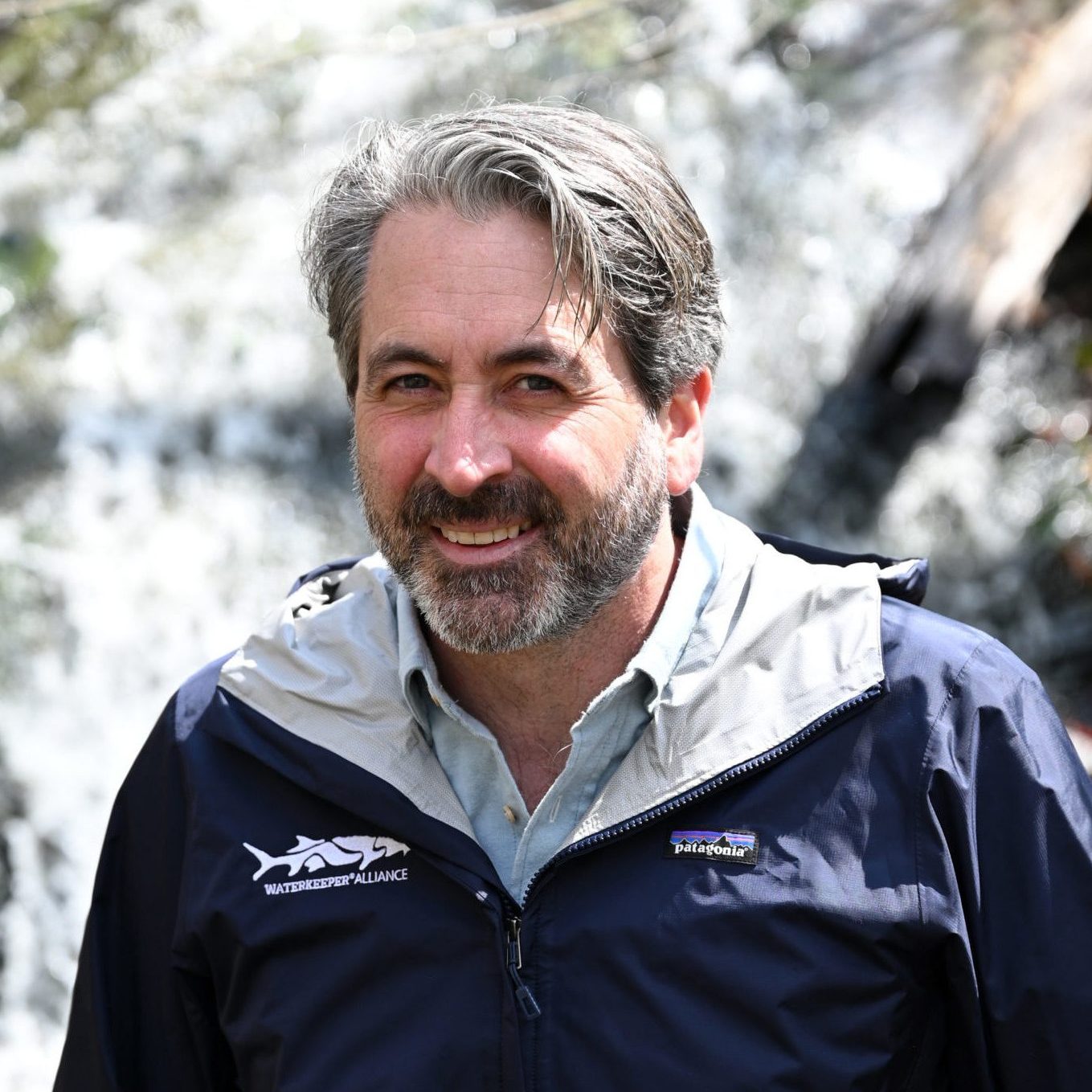
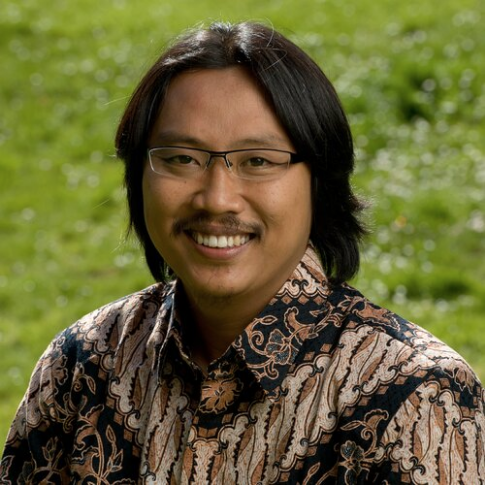
Introduction
Chiang Khong Conservation Group has been working since 1995 to help protect local water resources and strengthen people’s environmental conservation networks in the Mekong river basin. CKCG is an affiliate member of Waterkeeper Alliance, a global non-profit organization that unites more than 300 community-based clean water advocates in 47 countries on six continents. Waterkeepers and Affiliates from 7 Asian countries will network on transboundary river issues, water quality monitoring, legal advocacy, community organizing, and international standards and best practices for clean, drinkable, swimmable water and free-flowing rivers.
On Monday, January 23rd in Bangkok, Thailand, Waterkeeper Alliance CEO Marc Yaggi, and Goldman Environmental Prize winners Niwat Roykeaw and Prigi Arisandi will each provide unique perspectives on the state of natural water resource conservation efforts in Asia. Marc Yaggi (USA) will bring his 20 years of experience with expanding the Waterkeeper movement to help frame the discussion from a big-picture perspective, including how local actions help create global impact. Khru Tee (Thailand – 2022) and Prigi Arisandi (Indonesia – 2011) have both been awarded the Goldman Environmental Prize. They will speak from their grassroots experience fighting to protect clean and healthy water resources in their local contexts.
This year’s summit links the river people of Mekong basin countries with river advocates in Greater Asia. We are coordinating an active dialogue with speakers and other Waterkeeper grassroots organization members about their work in river communities in their home countries. The speakers will discuss the challenges of conservation work in Asia, how local people are experiencing and responding to changes in the environment, and how these local struggles tie into the greater global movement for water rights. Transboundary issues such as international power purchase agreements, transboundary hydropower dam impacts, and microplastics and other pollutants in water are linked to a human-centered and individual state-centered approach. The dialogue will expand the discussion of basin-wide ecosystem-based function, and the transboundary ecology of fresh and saltwater systems.
Simultaneous translation will be available. Please RSVP to chiangkhongconservationgroup@gmail.com if you are a journalist and would like to participate in the dialogue and question and answer session. Academics and youth leaders are also encouraged to attend and will be invited as meeting room capacity allows.
Speakers
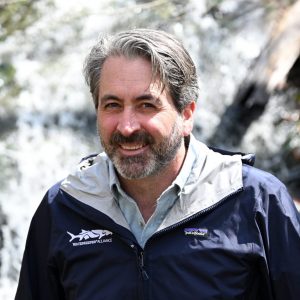
Marc Yaggi - CEO Waterkeeper Alliance
Marc Yaggi is the Chief Executive Officer of Waterkeeper Alliance and has dedicated his entire career to environmental advocacy, being instrumental in expanding the Waterkeeper movement around the world for nearly 20 years. Marc works daily to raise public awareness about the issues central to the organization’s vision for clean, healthy, and abundant water for all people and the planet.
Before joining Waterkeeper Alliance, Marc was a Senior Attorney and Watershed Program Director for Riverkeeper, Inc., where he worked to protect the watershed that serves as New York City’s drinking water supply. He has also served as a Staff Attorney with the Environmental Law Institute in Washington, D.C. Marc has appeared in publications like The New York Times, The Guardian, and Politico, and his quotes have been picked up by wire services such as AP, Bloomberg, and Reuters. For the past two decades, he has inspired audiences worldwide with keynote speeches, conference panels, and corporate seminars.
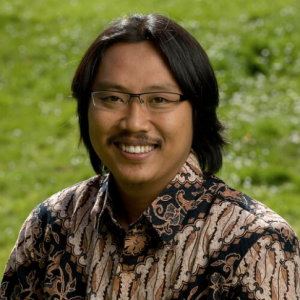
Prigi Arisandi - Director of ECOTON, Indonesia, and Goldman Prize Awardee, 2011
Prigi Arisandi was awarded the Goldman Environmental Prize in 2011 for protecting the Brantas River which used to be his childhood playground, but now it is polluted by industries and settlements along the river. For more than 22 years, Prigi has been protecting Brantas River and other rivers in Indonesian to be clean, healthy, drinkable, fishable, and swimmable rivers so that they can provide environmental services continuously from the headwaters to the estuaries for present and future generations. With his team at ECOTON, he runs a river education center and conducts research, education, and advocacy programs to encourage community participation and stronger government policies to protect water quality and riparian habitats. His organization filed lawsuits against the government and corporations to demand serious actions to stop plastic pollution and he was involved in a global campaign to stop the plastic waste trade in the guise of recycling and false circularity of plastic. He created a national network of Indonesian river communities through a motorbike tour Nusantara Rivers Expedition to raise awareness of plastic pollution in rivers and build local community movement all over 68 Indonesian rivers to solve the plastic pollution crisis with zero waste campaign and enforce single-use plastics ban policies. To encourage and strengthen community participation, Prigi spread citizen science tools involving women and children in monitoring river pollution, making video documentaries and art installations from plastic waste to show the facts and visualize scientific information in an attractive and easily understood way by the wider audiences.
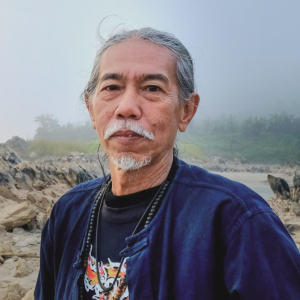
Niwat Roykaew - Chairperson of Chiang Khong Conservation Group, Goldman Prize Awardee 2022
Niwat Roykaew, or “Kru-Tee”, and his colleagues in Chiang Khong founded the Chiang Khong Conservation Group (Rak Chiang Khong) in 1995 to address the problem of drought in the Som River, a tributary of the Mekong River. The group has grown and now works with local communities to maintain their forests and rivers. Recent projects have included successful defense against mega-development projects in the mainstem Mekong River, such as the Lancang-Mekong Commercial Navigation project, and ongoing opposition to mainstem dam projects such as Xayaburi, Luang Prabang, and Pak Beng. More than two decades of work have resulted in the cancellation of the ‘Blasting the Rapids’ project, for which Niwat Roykaew was awarded the Goldman Environmental Prize for 2022.
In 2015, Kru-Tee co-founded the Mekong School: Institute of Local Knowledge, with an office and meeting center on the Mekong River in Chiang Khong to act as a community center for the group’s activities. Construction has started on a library and digital archive of local knowledge and place-based resources, CKCG & Mekong School have philosophy that has two bases; respect for nature, and faith in human equality. In our enactment of this philosophy, the two main strategies at work are fighting and building. We fight by collaborating on direct action campaigns to protect the Mekong River, and we build by organizing the community to build local resiliency through our research, training programs, public communication, and policy advocacy.
Run of Show - Session structure
The event is on Monday, January 23rd at the Royal Orchid Sheraton Hotel in Bangkok, Thailand from 9:00 to 10:30 AM. Each speaker will give a ten-minute statement, followed by a 30-minute question and answer session. The session will conclude with a five-minute summary from each speaker. The event will be primarily in English, with simultaneous translation into the Thai language for those who need it. Topics of discussion during the event will include the following:
- Moving from a Human-centric to an Ecology-centric development model
- Establishing the legal precedent for the Rights of Rivers
- The importance of valuing local knowledge and indigenous perspectives on development
- The Thai-Lao Power Purchasing agreement – Electricity prices and EGAT Privatization
- The prospects for dam relicensing and re-evaluation of efficacy
- Local and Trans-Local Networking and Movement Building

